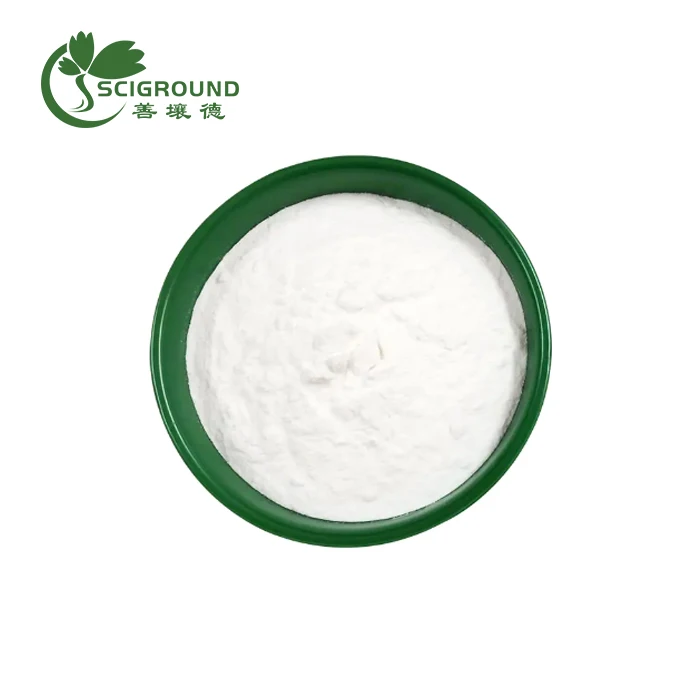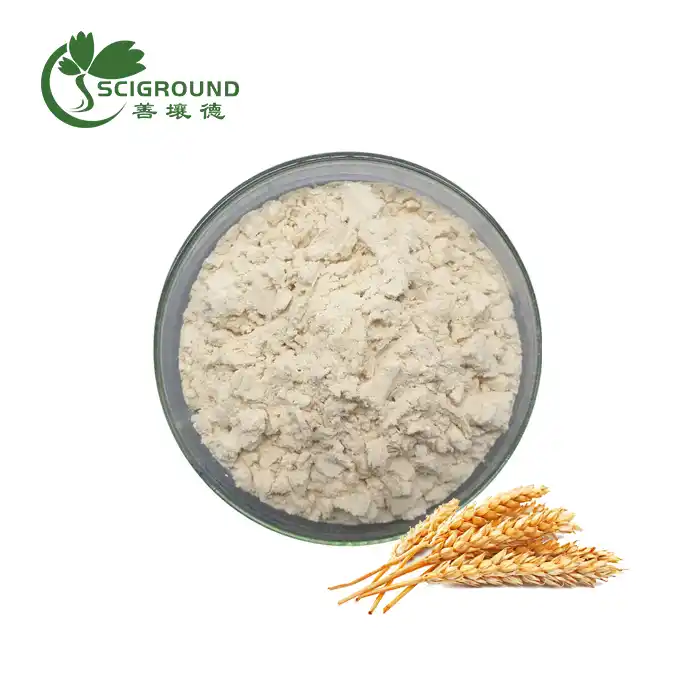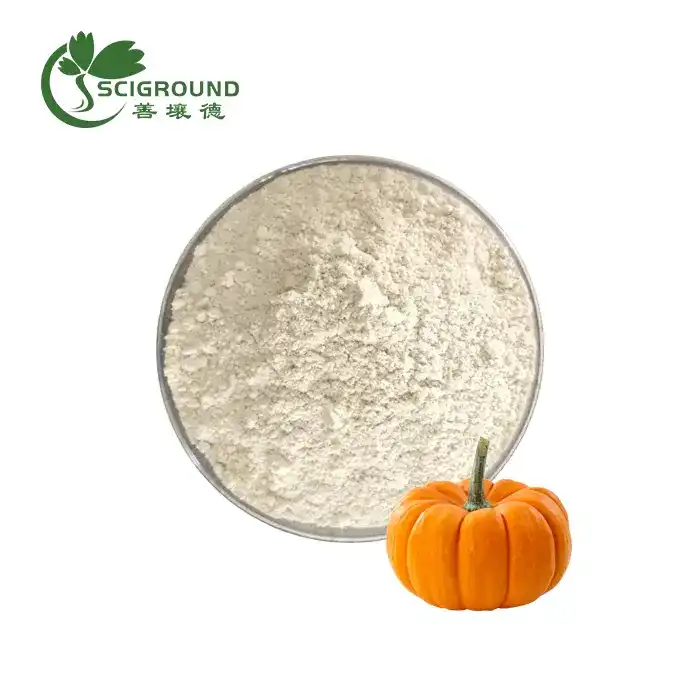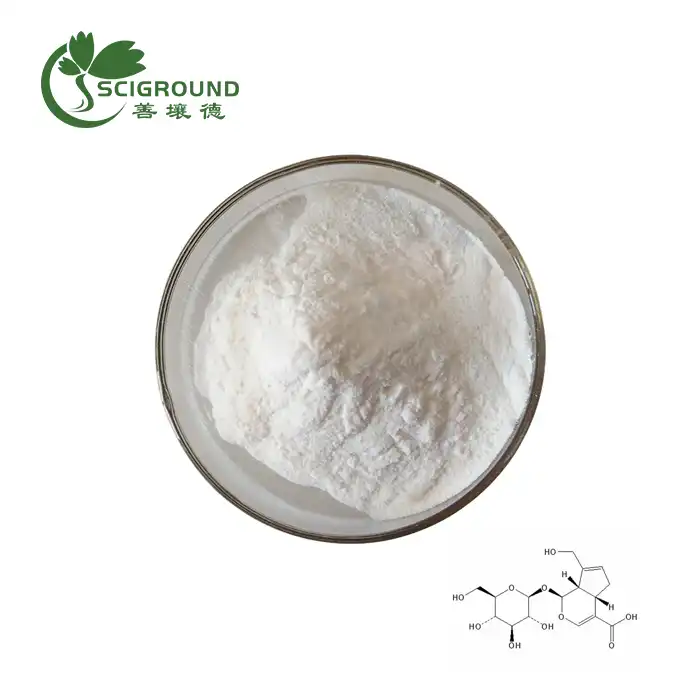BCAA: The Missing Piece in Your Fitness Puzzle
Branched-chain amino acids, or BCAAs, are a group of three essential amino acids: leucine, isoleucine, and valine. Essential amino acids cannot be produced by the human body and must be obtained through diet or supplementation. BCAAs are especially important for athletes and fitness enthusiasts because they play a crucial role in muscle protein synthesis and energy production.
What Do BCAAs Do?
BCAAs make up approximately one-third of all muscle protein, which highlights their importance in building and maintaining muscle mass. During exercise, muscle fibers break down, and amino acids are released into the bloodstream. BCAAs are then transported to the muscles, where they are used for energy production and rebuilding muscle tissue.
BCAAs also stimulate insulin secretion, which helps to shuttle nutrients into the muscle cells. This is why many people choose to consume BCAA supplements before or after exercise to enhance muscle recovery.
Can BCAAs Be Taken by Vegetarians or Vegans?
Since BCAAs are essential amino acids, they must be obtained through diet or supplementation. While animal products such as meat, dairy, and eggs are excellent sources of BCAAs, vegans, and vegetarians can also obtain them from plant-based sources such as soybeans, lentils, and quinoa.
However, if you have a restricted diet or do not consume enough protein-rich foods, BCAA supplementation may be necessary to ensure adequate intake.
Can I Get Enough BCAAs from My Diet Alone, Or Do I Need to Supplement?
The recommended daily intake of BCAAs varies depending on factors such as age, weight, and activity level. The International Society of Sports Nutrition recommends a daily dose of 5-20 grams of BCAAs for those engaging in intense exercise or strength training.
While it is possible to obtain enough BCAAs from the diet alone, it may be difficult for some individuals to consume enough protein-rich foods, especially if they have dietary restrictions or are following a vegan or vegetarian diet. In these cases, BCAA supplementation may be necessary to meet the recommended daily intake.
Are There Any Scientific Studies or Research Supporting the Use of BCAAs for Specific Health Benefits?
Numerous studies have evaluated the efficacy and safety of BCAAs for various health benefits. One study published in the Journal of Sports Medicine and Physical Fitness found that BCAA supplementation significantly improved muscle recovery and reduced muscle soreness after intense exercise.
Another study published in the Journal of the International Society of Sports Nutrition found that BCAA supplementation can improve strength and power in trained athletes. Additionally, BCAAs have been shown to enhance endurance performance and reduce fatigue during prolonged exercise.
There is also evidence to suggest that BCAAs may have potential benefits for individuals with certain medical conditions. For example, a study published in the Journal of Gastroenterology found that BCAA supplementation can improve liver function in patients with cirrhosis. BCAAs have also been studied for their potential use in managing symptoms of neurological disorders, such as Alzheimer's disease.
Conclusion
BCAA supplementation can be a useful tool for athletes and fitness enthusiasts looking to enhance muscle recovery and energy production. While it is possible to obtain enough BCAAs through the diet alone, supplementation may be necessary for some individuals, particularly those with dietary restrictions or who engage in intense exercise.
Scientific studies have demonstrated the efficacy and safety of BCAA supplementation for various health benefits, including improved muscle recovery and reduced muscle soreness, enhanced strength and power, improved endurance performance, and potential use in managing certain medical conditions.
As with any dietary supplement, it is important to speak with a healthcare provider before starting BCAA supplementation, especially if you have a pre-existing medical condition or are taking medications.
To purchase BCAA AMINO ACID POWDER, please contact Sciground at info@scigroundbio.com. Our experienced team will be happy to assist you in finding the best mushroom extract product to suit your needs.
Related Industry Knowledge
- What happens if I use adapalene everyday?
- What you need to know before you take Acetylcysteine 200 mg Powder
- Is Polygala an adaptogen?
- Is epimedium native?
- Fisetin Benefits
- L-serine VS Phosphatidylserine
- Grape Seed Extract vs Resveratrol
- Is Oat Protein Powder the Future of Plant-Based Protein Supplements?
- Why BCAA is used in gym?
- Is ginkgo extract safe to take?







